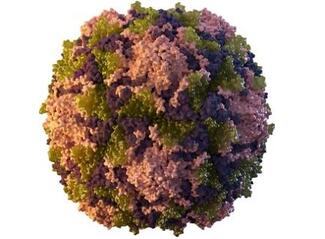No recent poliovirus infections have been reported among Vermont residents. Poliovirus infections are immediately reportable to the Health Department.
Vaccination is our most effective tool against poliovirus infections. Vaccinated people are at very low risk of serious poliovirus infection outcomes. Most U.S. adults are protected because of the vaccination program, and it is important for children to be vaccinated when recommended.
In July 2022, an unvaccinated young adult in New York state was diagnosed with paralytic polio. Paralytic polio is when the poliovirus infection reaches a person’s spinal cord and affects the movement of parts of the body. Public health experts are working to understand how and where the infection happened. Learn more from the Rockland County Department of Health

